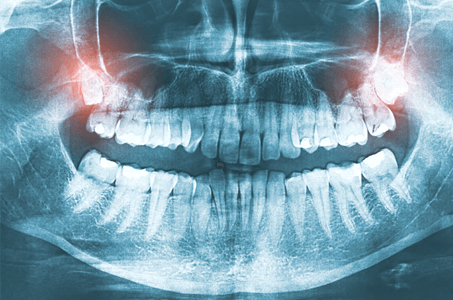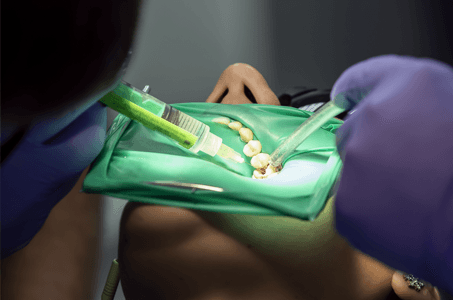We all hate the dreaded “c” word. Cavities are not only frustrating to deal with but they can become quite time consuming and expensive. Cavities bring discomfort, pain, and potential tooth loss if they aren’t addressed right away. In simplest terms, cavities are caused by tooth decay which is a process that undergoes several stages and severity. Tooth decay is triggered when bacteria inflicts damage on the hard outer enamel of the teeth. If left unchecked, the destruction will spread further into the deeper layers. The worse a cavity gets, the harder it will be on both your teeth and your wallet. Even if you are very cavity-prone the good news is that
Phases of Cavity Formation
The process of tooth decay begins with the formation of plaque on the outer layers of your teeth. Normally happening microscopic organisms in your mouth flourish when you devour food and beverages that contain sugar. When sugars sit and aren’t regularly cleaned from your teeth, microorganisms form on them and produce acids. The acids at that point consolidate with microscopic organisms, particles, and saliva to shape plaque, which is basically a sticky film that covers the teeth.
When plaque shapes, the acids wear away the enamel, which is the tooth’s harder external surface. The small openings created by this wear can become a place for these cavities to begin developing. After this happens, the corrosive and microscopic organisms attack the following layer of the tooth, a milder substance called dentin.
Microscopic organisms and plaque will not stop their dangerous attack on the tooth until the internal tooth material, or pulp, is compromised. The pulp ends up irritated, and the bone that backings the tooth might be included too. When the decay reaches this point, you will encounter toothache and pain after gnawing. In the event that the bacterial attack makes your body convey white platelets to battle it, the outcome might be a tooth ulcer and a root channel might be essential.

Preventing Cavities
Like we said before, cavities are extremely preventable as long as you take a few minutes out of each day to make your dental hygiene a priority. Dealing with the consequences of a cavity after the fact is way worse then preventing them in the first place. The best way to address a cavity is to not let it happen and to address any problems right away instead of waiting.
When it comes to brushing, ideally you’d want a soft bristled toothbrush. An electric toothbrush is also an option but not absolutely necessary. Any toothbrush will do the trick as long as it isn’t too rough on your teeth and gums. You also want to try and brush gently and in small rhythmic circular motions instead of the textbook aggressive back and forth motion. Brushing and flossing 2-3 times a day is also recommended if not after every meal. If you can’t brush after every meal even something as simple as washing your mouth out with mouthwash or even water will help remove any bacteria and sugar buildup. As for toothpaste consider the ones that contain fluoride. Fluoride is notorious for hardening your outer enamel and protecting your teeth.
Another point that people often don’t consider when thinking about dental hygiene is how much diet comes into play. Because sugar is one of the leading causes of dental decay it is extremely beneficial to avoid foods that are high in sugar content. This means chocolates, candies, sweets etc. And if you just can’t help it and find yourself indulging on some sweets at least try to brush right afterwards to prevent your tooth decay as much as possible. Along with cutting out the bad, it also helps to try and eat healthier alternatives. Foods like fruits, vegetables, cheese and other dairy products are usually good sources of calcium and other beneficial nutrients that will strengthen your teeth and prevent cavities.

At the end of the day, even after all of your precautions it’s always best to visit your dentist regularly. After all, they know best and can address everything accordingly. You want to be visiting your local dentist at least once every 6 months to catch any problems early and to stay on top of everything. Hope this guide helped, be sure to check out our other helpful blogs here, and remember, a healthy smile is a happy smile!
